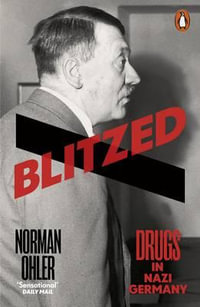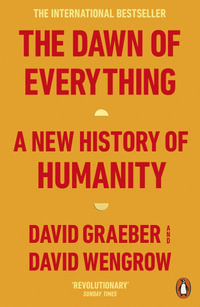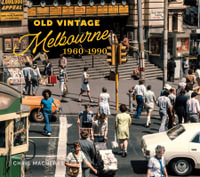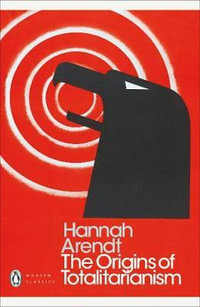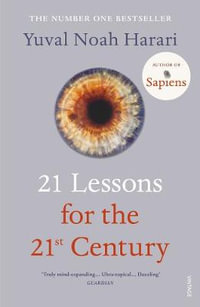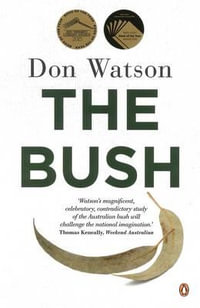In this “sharp-eyed account of a nearly forgotten African-American sports legend” (Publishers Weekly)—the remarkable Major Taylor who became the world’s fastest bicyclist at the height of the Jim Crow era—“Kranish has done historians and fans a service by reminding us that such immortals as Joe Louis, Jesse Owens, Serena Williams and Tiger Woods all followed in Major Taylor’s wake” (The Washington Post).
In the 1890s, the nation’s promise of equality had failed spectacularly. While slavery had ended with the Civil War, the Jim Crow laws still separated blacks from whites, and the excesses of the Gilded Age created an elite upper class. When Major Taylor, a young black man, announced he wanted to compete in the nation’s most popular and mostly white man’s sport, cycling, Birdie Munger, a white cyclist who once was the world’s fastest man, declared that he could help turn the young black athlete into a champion.
Twelve years before boxer Jack Johnson and fifty years before baseball player Jackie Robinson, Taylor faced racism at nearly every turn—especially by whites who feared he would disprove their stereotypes of blacks. In The World’s Fastest Man, years in the writing, investigative journalist Michael Kranish reveals new information about Major Taylor based on a rare interview with his daughter and other never-before-uncovered details from Taylor’s life. Kranish shows how Taylor indeed became a world champion, traveled the world, was the toast of Paris, and was one of the most chronicled black men of his day.
From a moment in time just before the arrival of the automobile when bicycles were king, the populace was booming with immigrants, and enormous societal changes were about to take place, “both inspiring and heartbreaking, this is an essential contribution to sports history” (Booklist, starred review). The World’s Fastest Man “restores the memory of one of the first black athletes to overcome the drag of racism and achieve national renown” (The New York Times Book Review).
Industry Reviews
“What captures the reader is the insight into [Major Taylor's] complex life, the rough and colorful characters whom he raced against, the tender and trusted relationships he developed in an often brutal world. I felt as though I were on the starting line with Taylor as his competitors taunted him, and in the belly of the peloton as his rivals blocked and barreled into him. I could feel his torn and burned skin after he came crashing down.” —The Wall Street Journal
“For anyone interested in cycling, technology or social history…a fascinating ride… Kranish has done historians and fans a service by reminding us that such immortals as Joe Louis, Jesse Owens, Serena Williams and Tiger Woods all followed in Major Taylor’s wake. In the lingo of bike racing, his ultimate legacy was as a pacesetter.” —Washington Post
“The World’s Fastest Man… restores the memory of one of the first black athletes to overcome the drag of racism and achieve national renown.” —The New York Times Book Review
“A fantastic exploration of the life of an athlete who should be a household name, but isn’t.” — The Pittsburgh Post-Gazette
“Journalist Kranish weaves the fascinating and interconnected history of the rise and demise of professional cycling with the life story of African American cycling hero [Major Taylor]… Kranish mixes sports and history, along with the realities of racism, in a valuable addition for all libraries with collections touching on those areas.” —Library Journal
“[Major Taylor’s] legacy was in the quiet athletes, like Jackie Robinson, who endured endless abuse to break baseball’s color barrier. And… in athletes like Muhammad Ali, who refused to accept limits imposed by white men. It’s also in every child, black or white, boy or girl, who jumps on a bike, sprints down a track or plunges into a pool with one goal: To go faster.” —The New York Daily News









